Frank DeFilippo: Welcome to the Era of Legalized Loan-Sharking
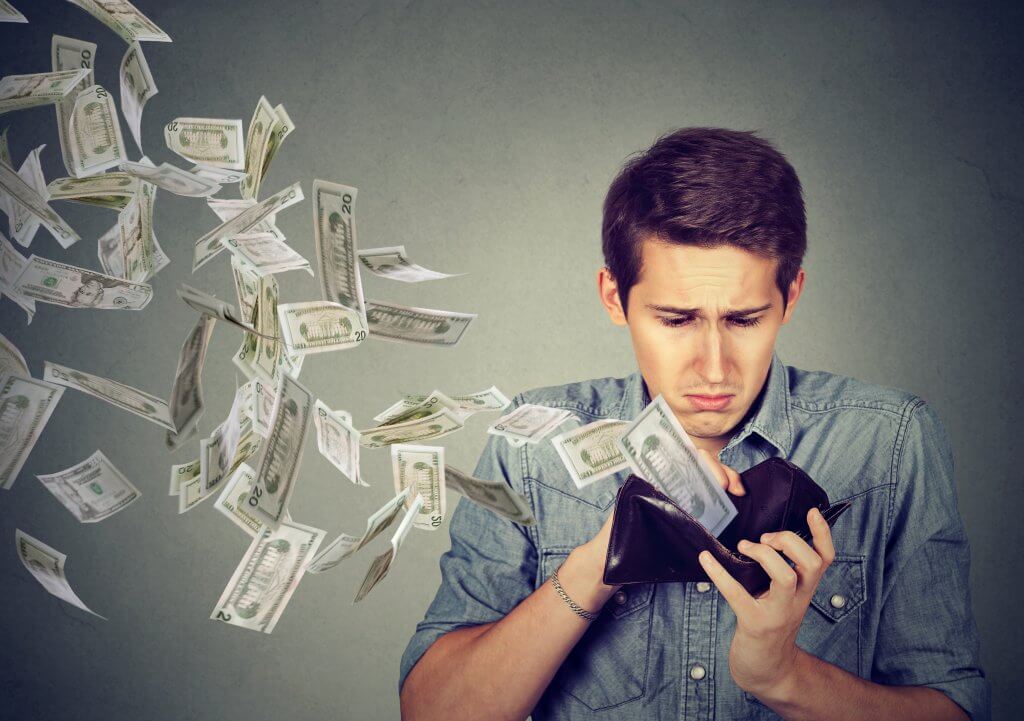
Credit card companies are cashing in on the coronavirus.
As omens of Apocalypse envelop us, Americans are about to pay a high price to learn the difference between cash and money. For the second time in a dozen years, people will be living off of fantastic plastic more than actual currency and paying premium interest rates to put food on their tables. The last time was 2008, when gas prices soared to over $4 a gallon and a tank-up on a gas-guzzler topped $100.
This time is different. This is not about saving a few bucks by cancelling a weekend trip, or walking instead of driving to the supermarket. This time it’s about running up a credit tab to feed the family or financing expensive medications whose lack thereof could eventually claim more lives than COVID-19 itself.
The pandemic has socked us with a double whammy, health and the economy, each interchangeably reliant on the other. It’s like the Great Depression and the Spanish flu arriving dead-on together.
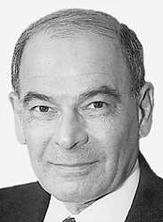
Frank A. DeFilippo
Many shoppers are stockpiling (hoarding) for a long haul at home, with a full shopping cart or two at a time, adding up to $200 to $300 a trip, with whatever foodstuff may have been available, and other junk they’ve probably never eaten before but will fill a space in the pantry in case of an emergency. The bill will come due with an aftershock the following month.
We are all in this together is the watchword of the moment, that is, until we hit the supermarket. Then, it’s every person for themselves, especially in the paper-goods aisle.
The deadly germ is pushing us further toward a cashless society in which banks and credit card companies capitalize on unfortunate circumstances but through no fault of their own, yet with anguish and suffering providing a cash cow. Stuff happens.
Bank lobbies are pretty much shut down by the fearsome virus, so currency is in short supply and a boon for credit-card lenders. Accessibility to ATMs and debit cards are options for those who choose to exercise them but are little solace to the newly jobless whose paychecks have vanished from backup deposit accounts.
Every time a quart of milk or a dozen eggs passes over the automatic price scanner at a supermarket checkout counter and is charged to a credit card, the issuer, an invisible third-party by-stander in the transaction, collects 3% – for doing nothing. The same with any other purchases. The exchange is essentially an electronic transfer loan. Credit cards are a convenient alternative to cash for many, but a one-way trip to perpetual debt for others.
If the balance is not paid by the due date, the interest rate on the loan kicks in. And that interest rate, depending on the money market and the card-holder’s credit history, can range as high as 24%.
It used to be called usury. Today it’s legalized loansharking.
Paying only the minimum due every month on a $10,000 credit card debt, for example, could take 21 years to pay off and much of the repayment will be in interest. (Credit card interest used to be tax deductible as it was carried as a secured loan. But credit card loans were unhitched under Clinton administration tax reforms of the 1990’s.)
The transaction could be compared to the vigorish (the “vig,” in mob talk), the amount, or interest, that bookmakers or mob lenders charge for the privilege of doing business, or the interest on the shadow industry called payday loans.
But usury isn’t what it used to be.
Originally usury had its usages in religious teaching wherein Christians believed that money was evil and that belief carried with it inherently anti-Semitic undercurrents.
The Old Testament is peppered with references to usury through the books of Exodus and Deuteronomy: “Unto a stranger thou mayest lend upon usury; but not unto thy brother thou shalt not lend upon usury.”
In the New Testament, Jesus is pictured with a lash, running money-changers from the temple. And in Shakespeare’s “Merchant of Venice,” Shylock is portrayed as an odious character, a rich Jew who makes money by lending at usurious rates, part of the 16th Century sentiment when the play was written.
Credit buying has been around a long time. It was first established legally in America in 1925 by General Motors so they could sell cars to people who otherwise could not afford to buy them.
In Maryland, in the 1960s, when the widespread use of credit cards began, loans and credit were capped at 3%. Anything beyond that number was considered usury and punishable under the law. In 1963, Baltimore’s leading department stores at the time – Hecht’s, Hochschild Kohn, Stewart’s – lobbied the General Assembly to raise the ceiling on what was called “revolving credit” to 4%. Without the increase, they argued, they’d be forced out of business.
The legislature resisted, the stores continued in business – until several years later, when the rate was increased and has continued to rise ever since. In the 1970s, rates of 8% to 10% were common, and in the 1980s mortgage interest rates were as high as 18%.
Today, debt is a way of life, and there is virtually no interest rate ceiling (or bottom) at all. Interest is a floating crap game.
It’s a borrower’s market, except for credit card users. Banks are getting the money they borrow for almost nothing. They are paying savers almost nothing in interest. Mortgage rates are low, for anyone who can get a mortgage or refinancing. The consumer-borrowers are carrying much of the nation’s financial burden.
To wit, the Trump administration has relaxed many of the safeguards that were placed on banks following the economic collapse of 2008, and the banking industry is still seeking additional regulatory relief.
We are a nation in hock.
The total amount of debt in America today is almost as much as the gross domestic product – the worth of the national economy.
Credit card debt alone is $41 billion, a sizable but small chunk of the total consumer debt of $4 trillion. But that shrinks when compared with the total corporate debt of $15.5 trillion. The total worth of America’s gross domestic product is $21 trillion – about the same as the nation’s total debt.
Living beyond our means
All of the stock market’s gains since 2016 – nearly 10,000 points on the Dow Jones Industrials – have been wiped out in the past two weeks as America’s casino reels from the uncertainty of the coronavirus.
Pile onto that the $2 trillion stimulus package that was just enacted to juice the economy, with still more borrowing to come. The Federal Reserve is running low on rescue gimmicks. We are living beyond our means.
Compound the debt figures with the grim numbers from the workforce. A reported 6.6 million workers applied for unemployment benefits during the week that ended March 28 – about 85,000 of them in Maryland – overwhelming the system and casting doubt on when the relief will arrive. There were almost 10 million jobless claims in two weeks. An estimated 700,000 workers lost their jobs last week, boosting the unemployment rate to 4.4 percent.
It’s all eerily summed up by what President Trump has wished for all along, but couldn’t achieve, and is now accomplished by a vicious little germ, the new nationalism: America has become a totally isolated nation, closed off at both borders and with inbound and outbound travel virtually banned, and all the while international commerce has screeched to a standstill. Congratulations: America is now Great Again, under a draft-dodger president who claims wartime powers.
Relief in many forms and to many degrees has issued forth – stimulus checks, rent relief or delays, a ban on home and commercial evictions, mortgage payment delays, a ban on home foreclosures and auto repossessions, car payments forestalled, continued paychecks during closures, salary incentives, small business loans, prohibitions on late fees and blemishes on credit records – much of it voluntary or through executive orders to ease pain and suffering as well as to get cash into the economy.
But the only sound from the credit card industry has been the sound of silence.
A NOTE TO OUR READERS
In these uncertain times, we’re here for you. We have a page dedicated to our reporting on COVID-19 in Maryland. We’ll continue to report with an eye toward the humanity of our sources and a commitment to public accountability.
Stay informed by signing up for the Maryland Matters Memo — our daily morning news roundup, delivered to your inbox. Free.
And if you are able, please consider a tax-deductible contribution to support our nonprofit newsroom.
We’re burning the candle at both ends — doing all we can to keep ourselves, and everyone else, as safe as possible — as we keep you informed.
Please take care!

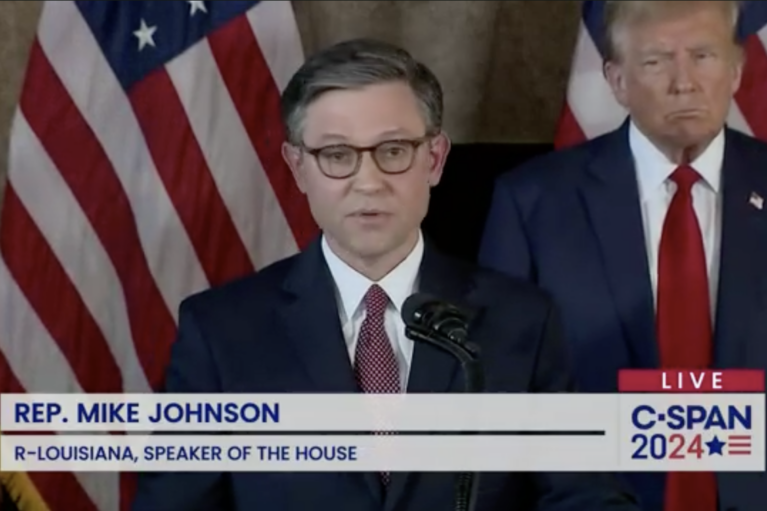
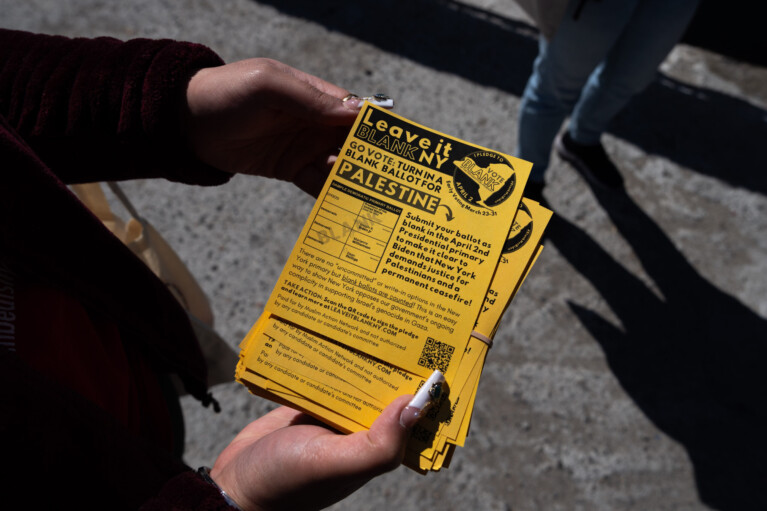
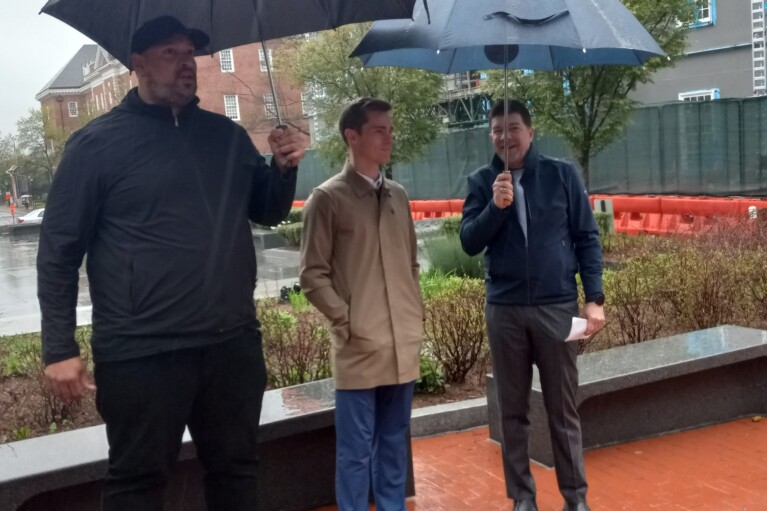
 Creative Commons Attribution
Creative Commons Attribution